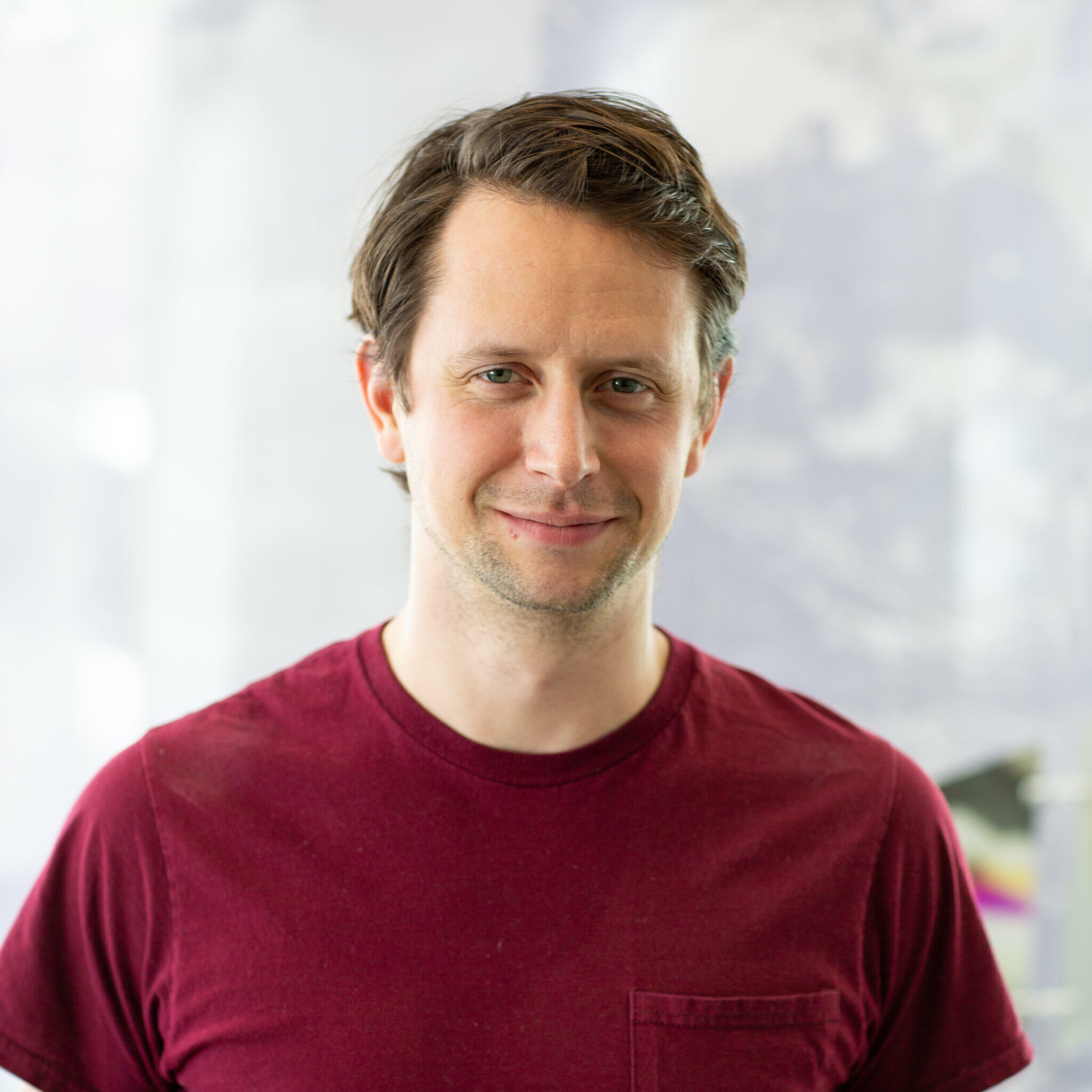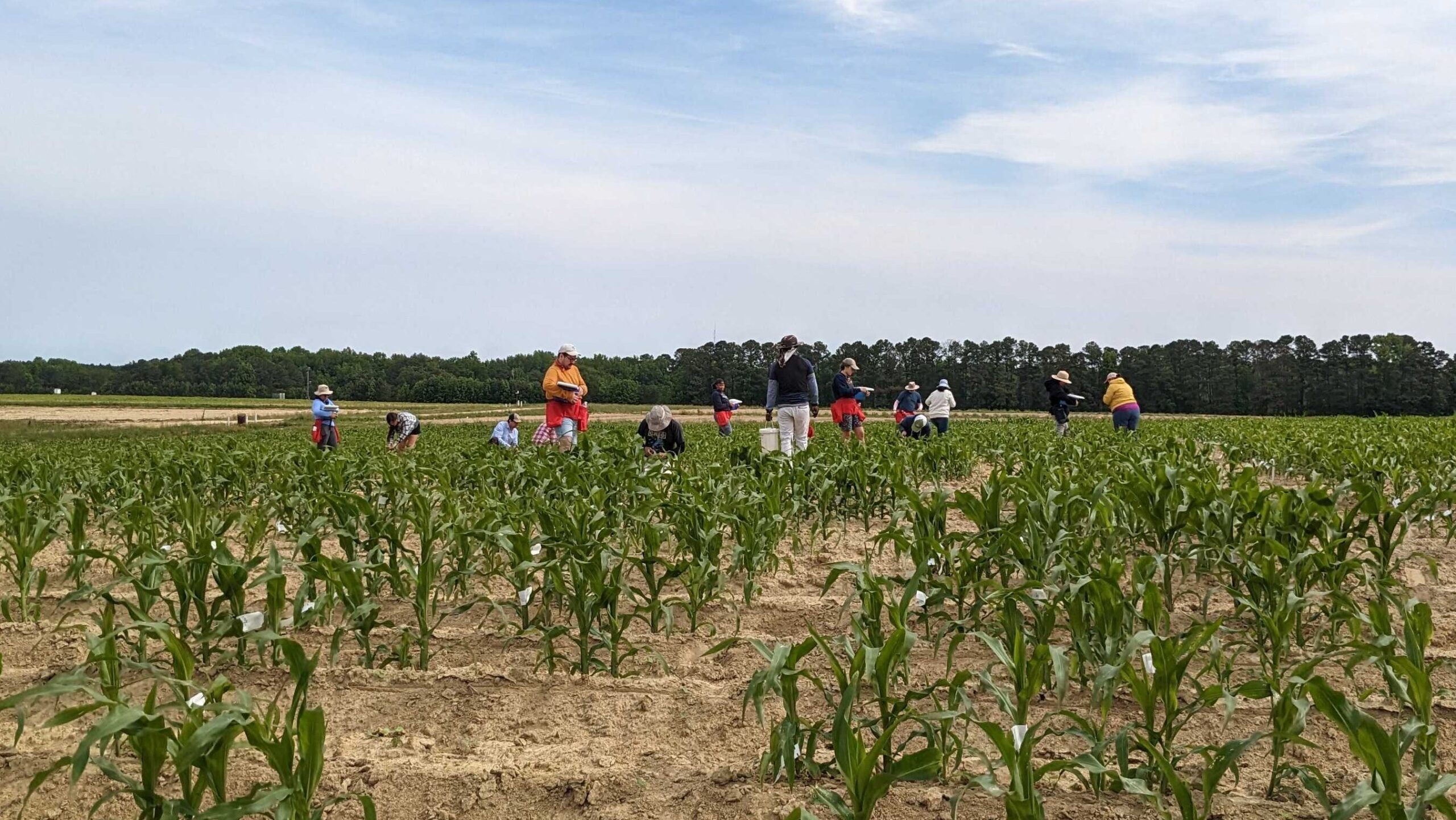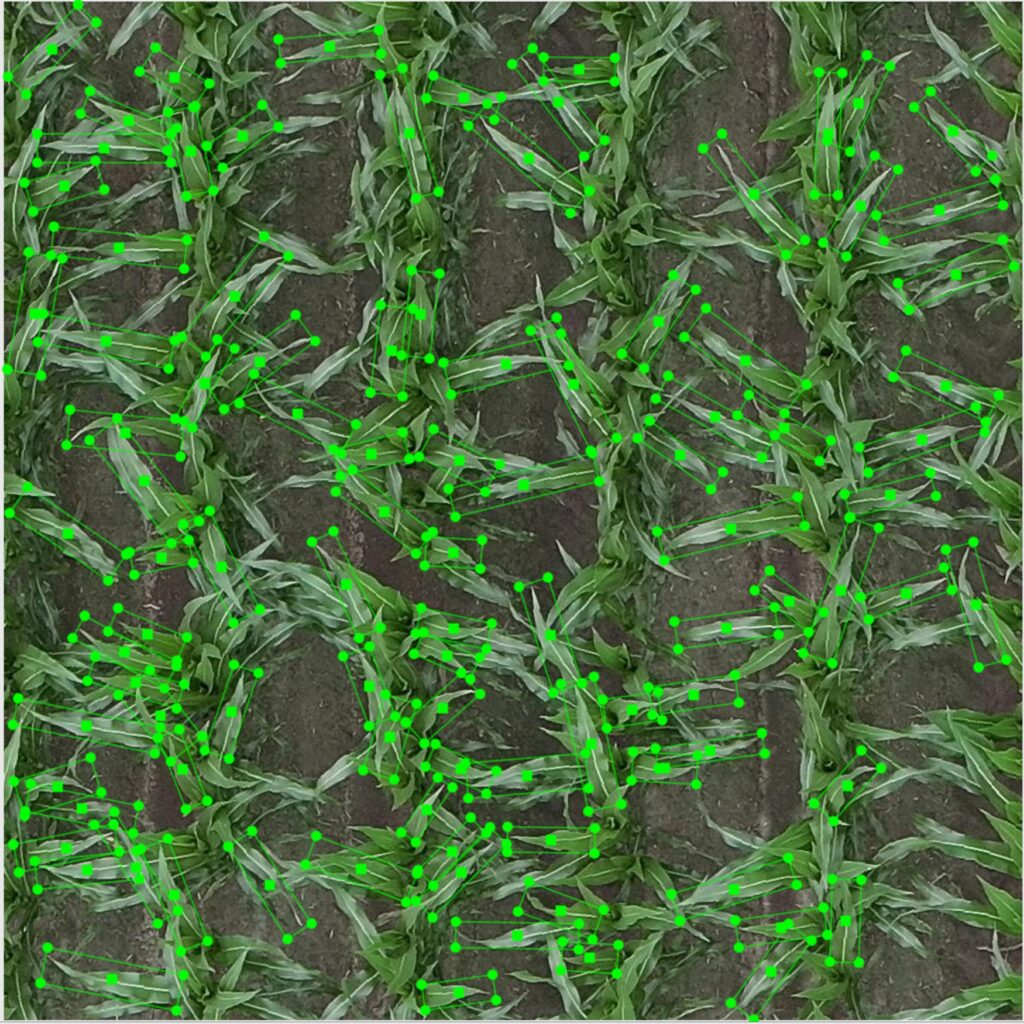GGA Faculty Spotlight: Joe Gage on ‘throwing a dart at the course catalog’

Deciding your undergraduate major comes with a lot of excitement as well as apprehension. In the moment, this decision may feel like you are choosing the course of the rest of your career, however life will often take you in unexpected directions. A testament to this, Joe Gage, a maize geneticist and faculty member in the Department of Crop and Soil Sciences, began his college career as a communications major.
Joe Gage’s father was a microbiologist and his grandfather was a geneticist. As a kid, Joe wanted to be a biologist and had many role models that inspired him to pursue that path. However, when it came time to apply to college, Joe decided to declare communications as his major. He found rhetoric very interesting and spent a few years in communications at Ithaca College. Eventually, he began feeling restless and ended up transferring to Cornell, where genuine curiosity led him to seek out new experiences exploring new course offerings.
“Part of the whole shake up involved pretty much throwing a dart at the course catalog and taking classes that looked like things I hadn’t had much experience in, or that just seemed interesting for the sake of being interesting.” Gage laughs. “I ended up in a ‘Plants, Genes and Food Production’ class taught by a really well-known rice geneticist named Susan McCouch that really sparked an interest in me and got me back on the path of science.”
“I took this class of hers and enjoyed it, but I was on the swim team at the time as well, and so I was often getting up for early 5 a.m. practices and then going to this class right afterwards. I would show up at class, and then promptly fall asleep in the back. Which I guess made me noticeable.” Gage remembers. “I stayed after class once, and sort of mentioned this to her and apologized. Like, ‘I know I’m falling asleep in your class all the time. I think it’s really interesting, and you’re doing a great job teaching.’”
After taking that class Joe went on to double-major in Communications and Plant Science: “probably like one of the strangest combinations you could imagine.”
Later in the semester, Gage asked McCouch if she knew anyone looking for students to do undergraduate research and she offered him a position doing research in her lab.
“I didn’t expect her to offer me a position.” Gage says. “It’s these funny little serendipitous moments that can really change the trajectory of your life. Which sounds really cheesy. But I started doing research in her lab, and that really turned me on to genetics and plant breeding, which is sort of the avenue that I came into genetics from.”
Working in McCouch’s lab expanded Gage’s network and exposed him to new opportunities. After graduation, Gage followed one of the Ph.D. students he had worked under in the McCouch lab to a private company working in crop genetics where he eventually found an interest in working with maize.

Today, Gage describes his work as having one foot in applied plant breeding and the other in molecular genetics. “I study how plants sense their environment and turn genes on or off or up or down in order to survive and be healthy and thrive in whatever environment they’re exposed to.”
While it may seem like Gage’s background in communications is very different from his daily work as a crop genetics researcher, he feels that the skills he developed as an undergraduate student have better prepared him for life in academia.
“I do think taking classes in communications and doing lots of writing, was enormously helpful for writing papers, grants, and proposals as well as visual communication, such as making slide decks and posters.” He describes.
Seeking new experiences and avenues for learning, both in academia and industry, allowed Gage to see opportunities for collaboration. The Gage Lab is currently working on research projects that range from microbiome research, quantitative genetics, and AI crop prediction models to study plant architecture. In keeping with the sense of curiosity that carried him through his varied career, the Gage Lab is a place for novel ideas and methods.

“I think the thing that draws me to running a research group in academia is the freedom to explore topics that I think are fun and interesting and relevant.” Gage says. “It makes work fun and there is a lot of opportunity to explore.”
- Categories: